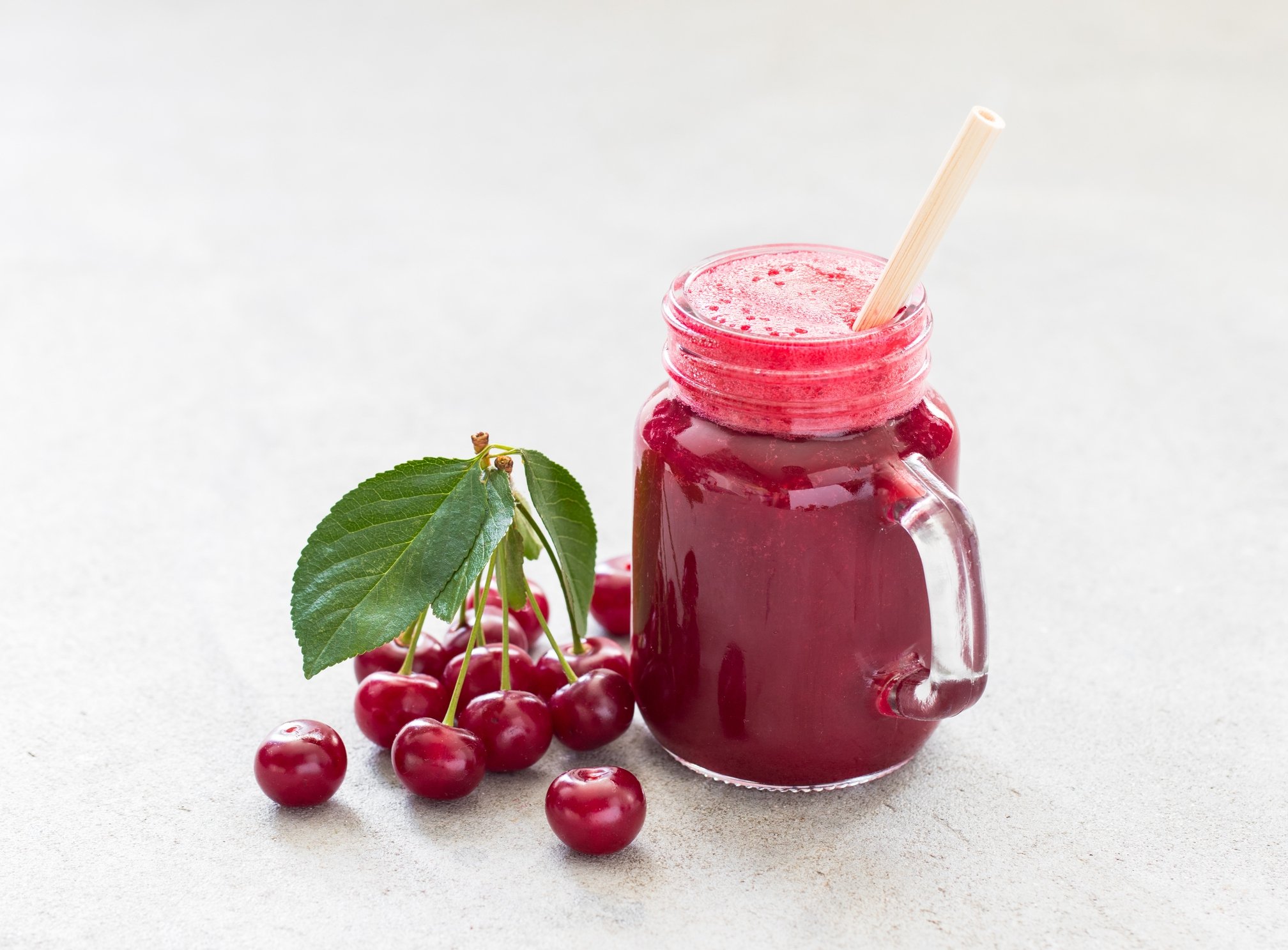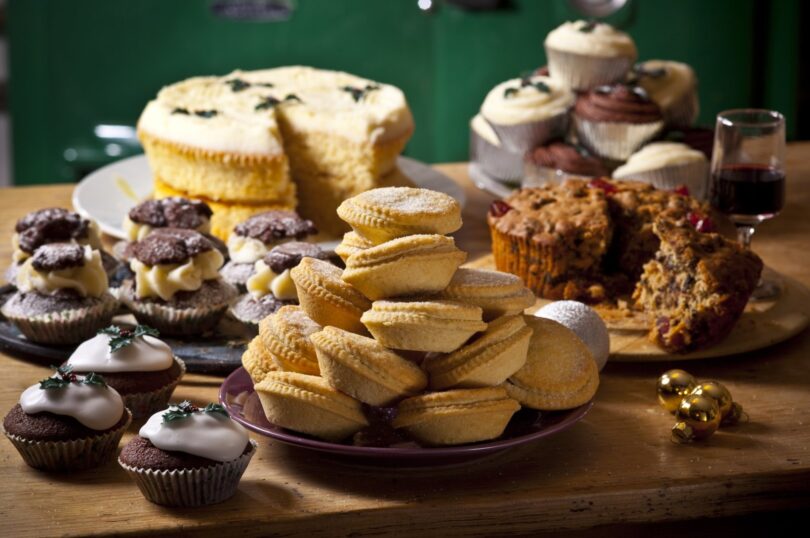ISTANBUL : Do you often want another snack a couple of hours after eating? Maybe you grab a candy bar to fight afternoon tiredness, then a cola to beat post-tiredness fatigue. If you’ve noticed that eating sugary snacks makes you want more, you’re not alone.
Simple carbs without enough proteins or fats can briefly satisfy hunger and give a quick energy boost, but they often leave you hungry again.
Why do we crave sugar?
We naturally like sweet things. “Sweet is the first taste humans prefer from birth,” said Dr. Christine Gerbstadt. Sugars release serotonin, a feel-good brain chemical. However, carbs come in different forms, like whole grains, fruits and vegetables, with essential fiber and nutrients, sugars also release endorphins that relax us, giving a natural “high.”
For a healthier lifestyle and to ward off sugar cravings, consider these 10 strategies:
90-second distraction goal
If you can’t stop thinking about a specific sugary snack or find it challenging to concentrate on your work until your sugar cravings are satisfied, just 60 to 90 seconds of distraction can make a difference.
Taking a short walk, calling a friend, listening to upbeat music or engaging in almost any type of activity that provides a “break” can help reduce the intensity of the desire.
Cinnamon gum
When a sweet craving strikes that you’re trying to resist, try chewing cinnamon-flavored gum. Cinnamon gum can be particularly effective due to its unique taste. Other flavors can also be used to manage sweet cravings. Gum varieties combined with flavors like cinnamon or mint can yield good results.
The key is for the flavor of the gum you’re chewing to be enjoyable and serve as a sensory distraction. This way, sugar cravings can be satisfied without actual sugar intake.

Cherry juice
Preliminary studies emphasize the antioxidant properties of compounds in cherries.
Additionally, the tartness of cherry juice, stemming from organic acids, may stimulate sweetness-sensitive taste receptors. It is said that cherry juice can also help promote healthier sleep. A study found that consuming cherry juice reduced the severity of insomnia in eight nonalcoholic adults.
Spices instead of sugar
Replacing sugar with spices in recipes can reduce sugar intake and satisfy your appetite by eliminating your “sweet cravings.”
Spices such as nutmeg, ginger, cardamom, coconut and cinnamon can fulfill your need for something strong and sweet without excessive sugar. You can add cinnamon to yogurt, drink ginger tea or flavor your chicken with nutmeg during lunch.
Manage sweet intake
Creating gaps between your sweet consumption can help satisfy your sweet cravings without impacting your weight.
Consuming sweets or chocolates only on special weekends or having a glass of wine can help maintain motivation throughout the rest of the week.
“IF-THEN” approach
If you crave something sweet after lunch, you can opt for a peanut butter apple. It can be beneficial to replace sweets with alternatives and consider the cause-and-effect context that may arise after eating.
Adapting to this idea helps avoid reaching for the cookie jar impulsively. Instead of succumbing to sudden excess, try aligning your sweet consumption with pre-planned meals within your daily calorie target. Having a plan in mind can reduce the likelihood of impulsive cravings.
Reward yourself
Have you ever asked yourself why you crave sugar? Most of the time, your craving for sweets is not due to your stomach but your brain. Cravings are psychological rather than physiological, like hunger. To replace this feeling, you can reward yourself with self-care activities such as a massage, manicure, long hot bath, exercise, listening to a podcast or watching your favorite movie.
Studies suggest that exercise can help reduce your appetite. So, whether it’s yoga or boxing, after participating in a workout many may find themselves less inclined to indulge in snacks.

Keep hydrated
You may have heard that your appetite could be a sign of thirst. The signals for hunger and thirst in our brains can be similar, leading to confusion.
The hypothalamus in the brain regulates both thirst and hunger signals, and these signals can sometimes overlap and be misinterpreted. When you’re dehydrated, you may not process stored energy efficiently. Instead of consuming sugar for a quick energy boost, drinking water can help utilize stored energy.
Make sure you drink at least six to eight glasses of water per day.
Toothpaste trick
Another idea is to try the toothpaste trick. The fresh mint flavor of chewing gum or toothpaste doesn’t quite go hand in hand with the idea of chocolate or cookies. The fresh mint taste and sensation decrease your desire for sugary sweets since the flavors clash with each other.
Courtesy: Dailysabah







